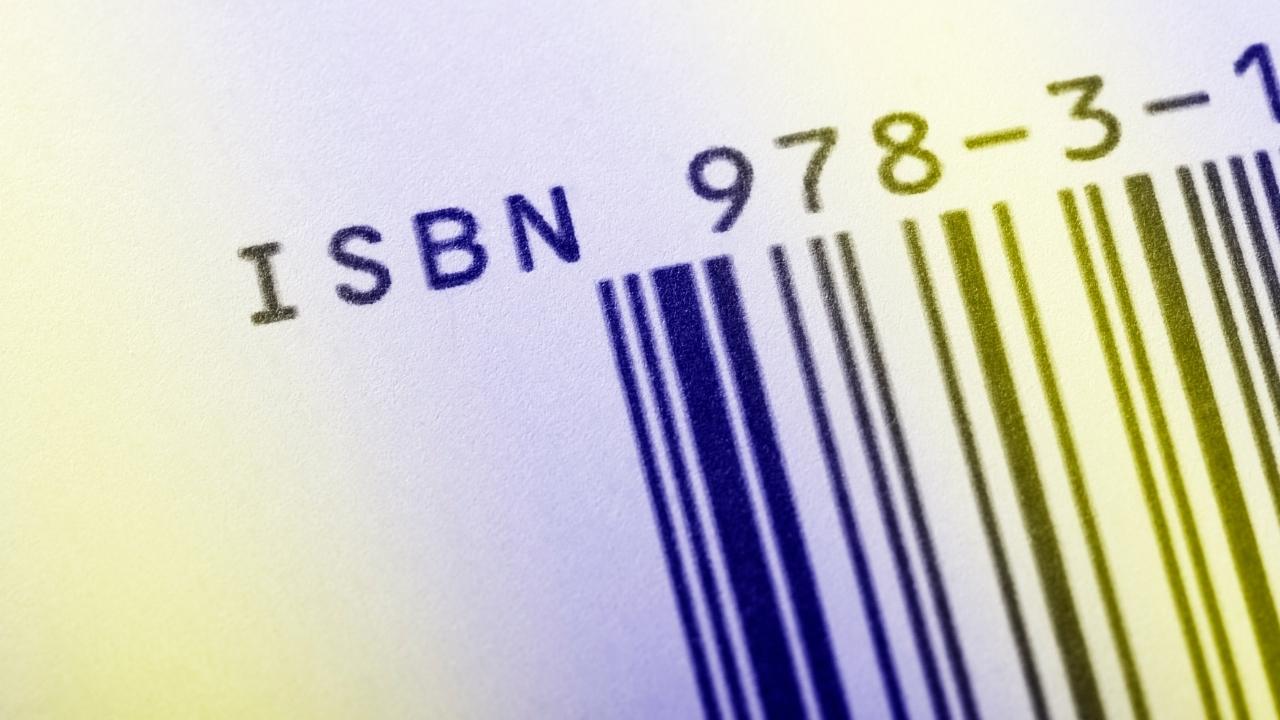ISBN Numbers For A Book – Should you buy your own or use Amazon’s free one?
When you self-publish a book on Amazon KDP, you can choose the free ISBN that Amazon offers or you can buy your own. What should you do? Are there any advantages or disadvantages to either? Let’s find out.
What is an ISBN?
ISBN stands for International Standard Book Number and is a numeric commercial book identifier that is unique and is used by publishers, booksellers, libraries and other retailers to organise and track their purchases and sales.
In 1967, WHSmith, the UK’s largest book retailer, introduced the Standard Book Numbering (SBN) system to organise books in its newly automated warehouse.
The International ISBN Agency is the global registration authority for the ISBN system, based in London. You can find a lot of information on the International ISBN Agency site.
ISBNs are unique and can not be changed once a book has been published. It locks in the language, publisher, book title, edition and format information of the book it identifies. You will need different ISBNs for each format of the same book, so a different ISBN for the eBook, paperback or hardcover version.
Who needs an ISBN?
All publishers, including self-publishers, that publish books in print require an ISBN. If you want booksellers and readers to find your book, you’ll need that unique number. Every printed book has an ISBN but not every digital book does. Digital books only need an ISBN if the book distributor requires it, so you don’t need an ISBN to publish an eBook on the following major distributors:
- Amazon Kindle
- Barnes and Noble
- Apple iBooks
- Kobo
- Google Play Books
- Sony
If you are publishing ebooks on Amazon, they will provide you with an ASIN so you don’t have to worry about an ISBN for eBooks.
However, if you’re publishing print books on Amazon, you will need an ISBN. You now have the choice of Amazon’s free ISBN or you can buy your own ISBN.
Where can you buy ISBNs?
This depends where you live. Every country has their own ISBN distributors. In the US for example, you can use a company called Bowker which is considered the official place to buy them. Be careful buying ISBNs from non-official sellers as they may not list you as the publisher on the ISBN. Always buy from the official seller in your country. Here in the UK, where I am based, I have bought ISBNs from Nielsen, who are the official sellers in the UK. I believe Canadians can get ISBNs officially for free.
Prices can vary and it can be expensive if you are only buying a few. Here in the UK it costs you £89 for one ISBN. Or you can buy 10 for £164. It gets cheaper if you buy in bulk so a block of 100 will cost you £369 and 1000 will be £949.
Advantages and disadvantages of using Amazon’s ISBN
Using Amazon’s ISBN makes things super easy and it’s free! The draw-back is that your publishing company (if you have one) will not be listed as the publisher. Your books will be listed as ‘Independently Published’.
Another consideration is that if you use Amazon’s free ISBN, you cannot use it with another publisher or self-publishing service, whereas if you use your own ISBN, you can use that ISBN to publish your book somewhere else.
I know some people feel that they want their own ISBN so that they can publish on other sites like Ingram and they also feel that bookstores and libraries will not buy their books from Amazon. Personally I don’t feel that this is an advantage because if you publish through Ingram to get your books into bookstores, there is one major disadvantage in my view: Ingram has a returns policy whereby you need to agree to returns. Imagine a bookstore wants to buy 100 of your books. They want to have the reasurance that if they can’t sell your books, they can return them and get their money back. Makes sense. However, this means that Ingram will send you a bill for all of those returned books and I have heard of authors having bills running to thousands of dollars for unsold books.
What should you do?
So there are advantages and disadvantages to both options, whether you use the free ISBN or you buy your own.
In my case I bought some ISBNs because I wanted my publisher name to show for certain books. I have branded those books and feel that from that perspective it looks more professional. But it totally depends on your business model. I personally only use Amazon’s free ISBNs for my low content books and I would advise anybody who is starting to publish to do the same. After all, if you’re just starting, you don’t know if your books are going to sell, so it makes sense to keep things simple and free.
I would love to know of any experience you have had with ISBNs, do you prefer to buy your own or do you use the free ones?
*This post may contain affiliate links.




